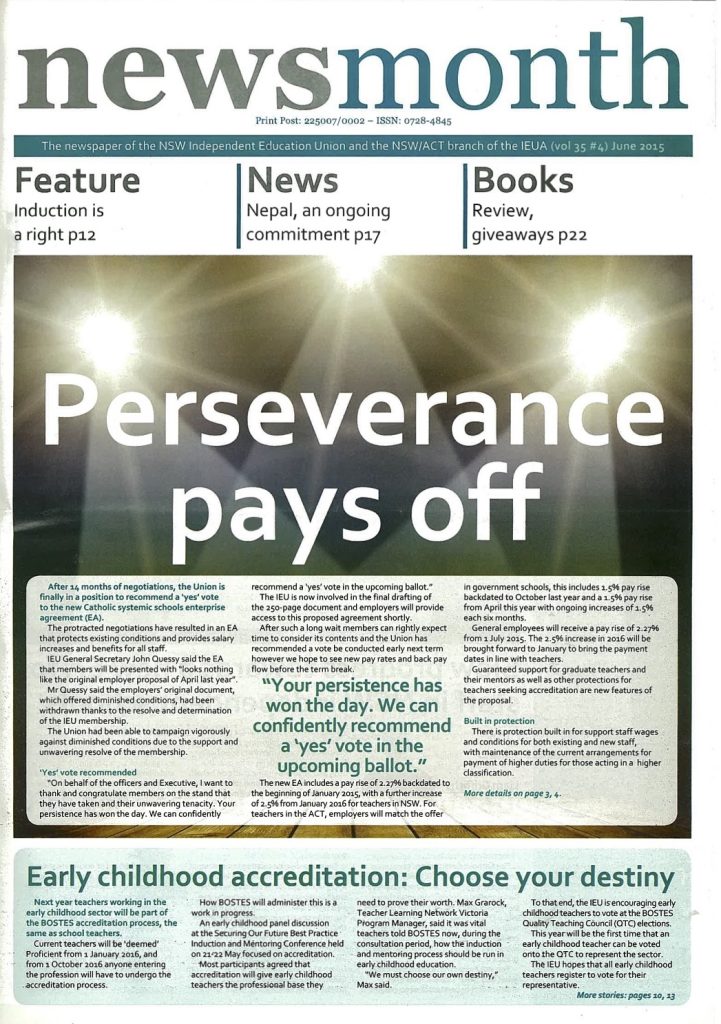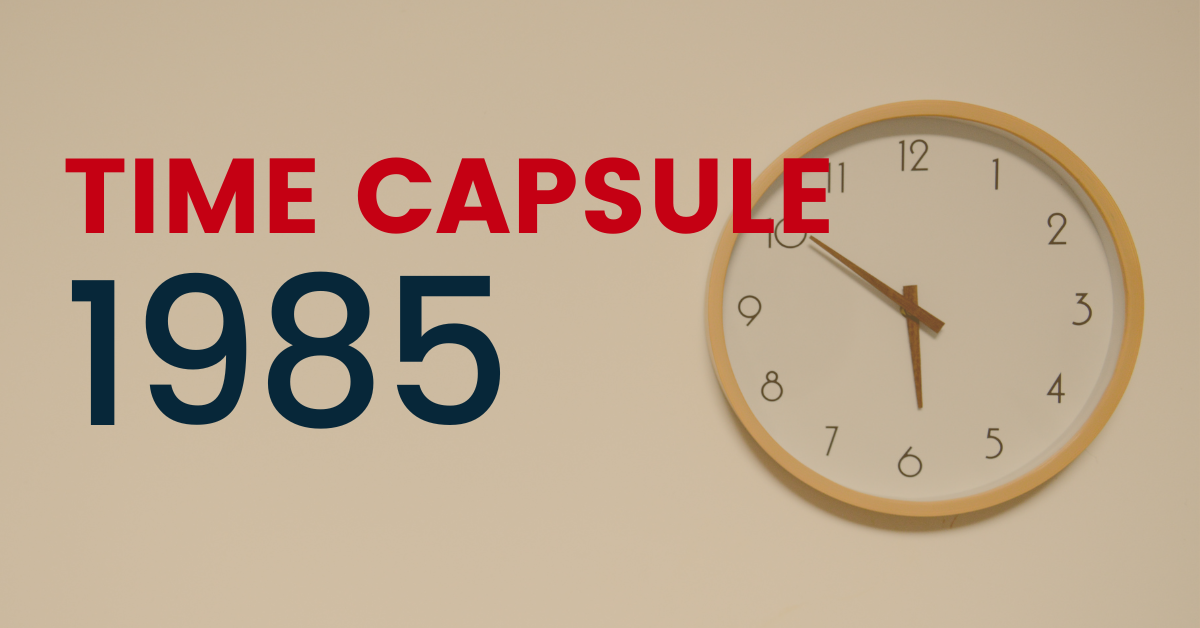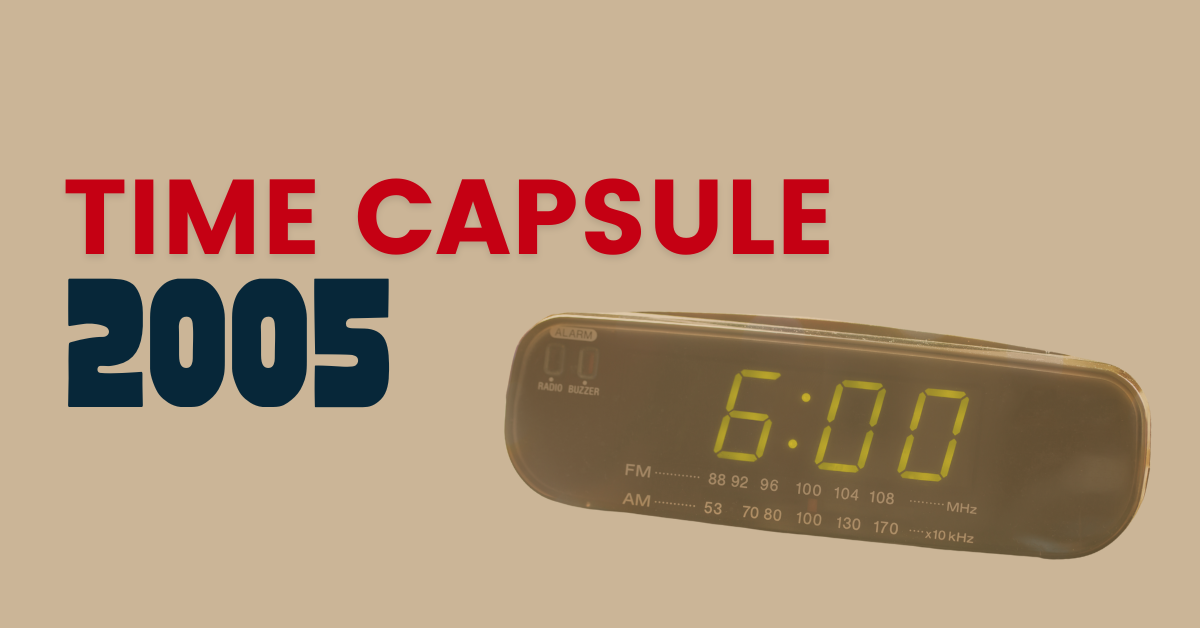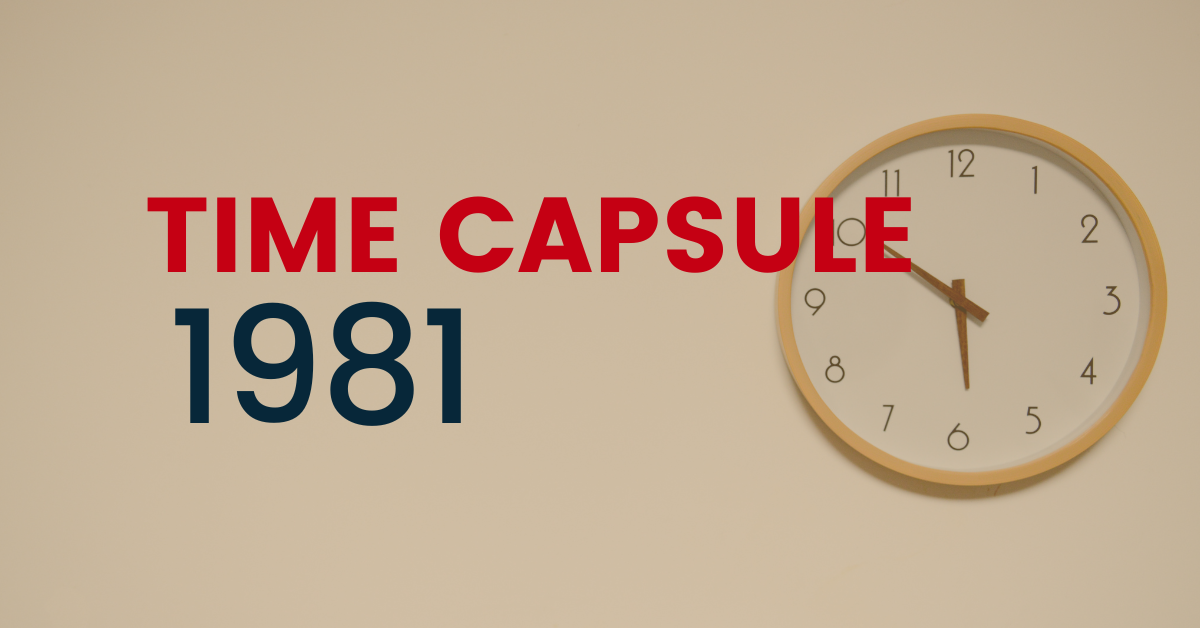In 2015, former US President Barack Obama still occupied the White House. The Lodge in Canberra, however, had new tenants after Malcolm Turnbull successfully challenged Tony Abbott for the prime ministership after the Abbott-led government recorded 30 consecutive losses in Newspoll.
The ‘fixer’, Christopher Pyne, was the federal education minister, while his NSW counterpart was Adrian Piccoli. Rosie Batty was named Australian of the Year, and the Times Person of the Year was German Chancellor Angela Merkel.
Long negotiations bear fruit
The IEU was in protracted negotiations with the Catholic Commission for Employment Relations (CCER) – now Catholic Employment Relations (CER) – for new Catholic systemic agreements.
The previous year CCER had decided, without consulting the union, to redraft its own enterprise agreement, stripping out promotion positions, uninterrupted lunch breaks and other entitlements for both teachers and support staff.
Members were bewildered at the lack of respect their employers had shown towards their employees. As industrial action appeared likely, 991 new members joined the IEU in May 2015.
Ultimately, member solidarity triumphed, and the IEU was able to recommend a substantially improved agreement to members after 14 long months of negotiations.
A total of 3097 members joined the IEU in 2015 – many are still members today. If you are one of them and have not yet received your 10-year anniversary certificate, please contact the union.
Induction and mentoring
The union hosted the Securing our Future conference, which called on employers to ensure that induction and mentoring provisions be included as entitlements in industrial instruments.
The union again called on the major political parties in NSW to review the blanket exemptions to the Anti-Discrimination Act. It was a busy year for conferences, with the IEU also hosting an environment conference, an activist conference, an early childhood conference and a support staff conference.
The then General Secretary, John Quessy, raised the union’s concerns about the Border Force Act, introduced in 2015. The law forbade workers, including teachers, in Australia’s immigration detention centres from revealing or reporting any information they came across in the course of their work under the threat of two years’ jail. This contradicted the legal requirement for teachers to mandatorily report reasonable suspicion of abuse or neglect.
Members win battle over long service leave
The Wilcannia-Forbes Diocese declared long service leave in short blocks of less than 15 days would not be approved.
The Wilcannia-Forbes Diocese covers more than half of the state, which is about the size of Germany. Travelling distances are vast. Attending family functions or members taking their own children to diocesan sporting competitions often necessitated applications for one-day or two-day blocks of long service leave.
A member-led grassroots campaign ensued. Sixteen of the 18 schools in the diocese unanimously endorsed a motion against the employer’s directive.
The IEU Council passed a resolution in support of their colleagues out west. IEU members sent postcards to the Wilcannia-Forbes director of schools, calling on his office to reconsider the decision and let members use their LSL entitlement as employees in other dioceses could.
Local media, such as the Daily Liberal, ABC Broken Hill, Parkes Champion Post and Nyngan Observer took up the story. The diocese relented and restored the flexibility for members to access leave as they deserved.
Abbott fails to limit access to paid-parental leave
Tony Abbott proposed limiting access to the new government-funded paid parental leave scheme for those employees – usually in strongly unionised workplaces – who had paid parental leave as part of their existing employee entitlements.
Then federal treasurer Joe Hockey went so far as to portray working women who received both entitlements as “double dippers” and “rorters”.
Employer-based parental leave has been negotiated over many years as an industrial provision, often with forgone salary or other conditions as part of the bargaining process. The union movement fought off this threat
Home and Away triumphs again
Currents by Tame Impala won the ARIA Album of the Year, while Conrad Sewell’s Start Again won ARIA’s song of the year. The song Hoops by The Rubens topped Triple J’s Hottest 100 list.
In TV-land, Carrie Bickmore, co-host of Network Ten’s The Project won the Gold Logie, while Home and Away won the most popular drama program (again) and was inducted into the Logie’s Hall of Fame.
In cinema, Birdman won the 2015 Academy award for best picture; Eddie Redmayne won best actor for The Theory of Everything; and Julianne Moore won best actress for Still Alice.
The North Queensland Cowboys defeated the Brisbane Broncos with a thrilling golden-point field goal from Johnathan Thurston to win the club’s first grand final.
Hawthorn took out the AFL premiership with a much more comfortable win against the West Coast Eagles.
From the archives: Members held strong

Prolonged negotiations for a new Catholic systemic enterprise agreement were a major topic in Newsmonth in the first half of 2015.
“At midday on Friday 24 April, after more than 380 days of, at times, bitter dispute with Catholic employers, a significant development occurred that encouraged the union to suspend industrial action planned for the following Tuesday,” wrote General Secretary John Quessy.
Following the threat of a full day of industrial action, employers finally came to the table with a much better deal. This was the turning point that led to the finalisation of a new Catholic Systemic Schools EA after more than a year of talks.
Quessy went on to detail the reasons for the protracted negotiations: “The dispute commenced on 7 April 2014 when CCER hand delivered the draft of a totally unacceptable enterprise agreement (EA).”
In that initial document, Catholic employers “largely rewrote every clause and every condition to suit them”, Quessy wrote.
In June 2015, Newsmonth reported that the union could finally recommend a ‘yes’ vote and members were congratulated for their resolve.
“Your persistence has won the day,” Quessy wrote. “For more than 12 months, members have made their opposition clear, first by voting overwhelmingly in a series of protected action ballots, the largest number of such ballots on a single issue since the Fair Work laws were established.
“On behalf of the officers and Executive, I want to thank and congratulate members on the stand they have taken and their unwavering tenacity. We can confidently recommend a ‘yes’ vote in the upcoming ballot.”
Negotiations for the Catholic Systemic Schools EA took 14 months to conclude. However, other issues remained unresolved in 2015.
The headline on the cover of the March issue of Newsmonth read “IEU calls for end to anti-discrimination exemptions”.
“These exemptions reflect a bygone era and require review to reflect a more contemporary understanding of workplace justice and human rights,” Quessy wrote.
Ten years later, the NSW Law Reform Commission is seeking feedback for a review of the Anti-Discrimination Act 1977 (NSW), which allows exemptions to anti-discrimination law for religious institutions, including schools. The IEU is making a submission to this review.
Published in the August 2025 edition of Newsmonth. Compiled by Dave Towson (Deputy Secretary), Monica Crouch (Managing Editor) and Tania Yardley.
More IEU History
-
Time capsule: 2015
In 2015, former US President Barack Obama still occupied the White House. The Lodge in Canberra, however, had new tenants after Malcolm Turnbull successfully challenged…
-
Time capsule: 1985
They’re probably not two people you’d expect to see in the same sentence, but the year was 1985, and China’s leader Deng Xiaoping was the…
-
Time capsule: 2005
Prime Minister John Howard was at the height of his power in 2005 after his government attained a majority in the Senate following the previous…
-
Time capsule 1995
In a semi-regular column, we delve into our Newsmonth archives to uncover what stood out in the union, the teaching profession and the education sector, as well…
-
Statement on the passing of John Quessy
The IEU is deeply saddened by the passing of former Secretary John Quessy on Sunday 10 December. John joined the Independent Teachers Association (now the…
-
Time capsule 1981
In a semi-regular column, we delve into our Newsmonth archives to uncover what stood out in the union, the teaching profession and the education sector, as well…






